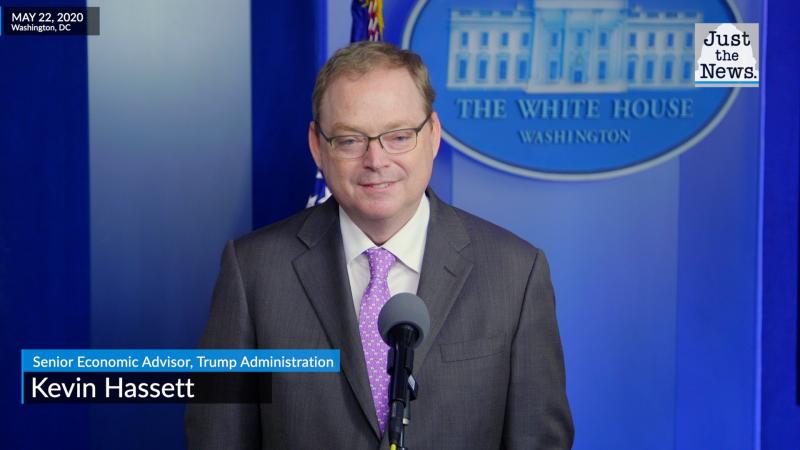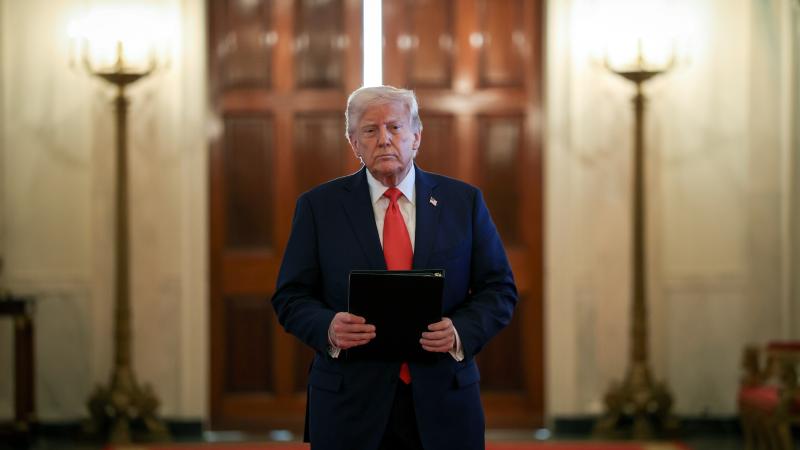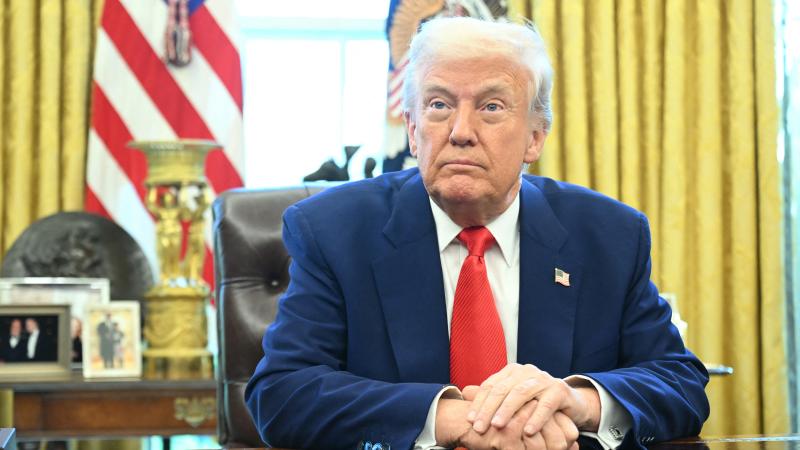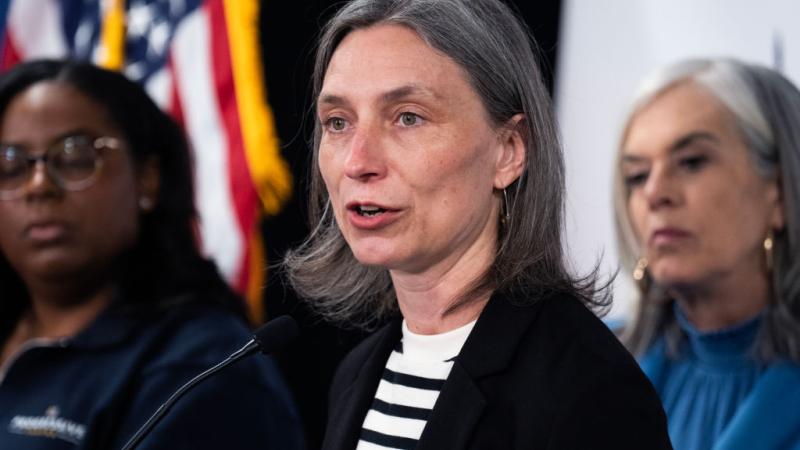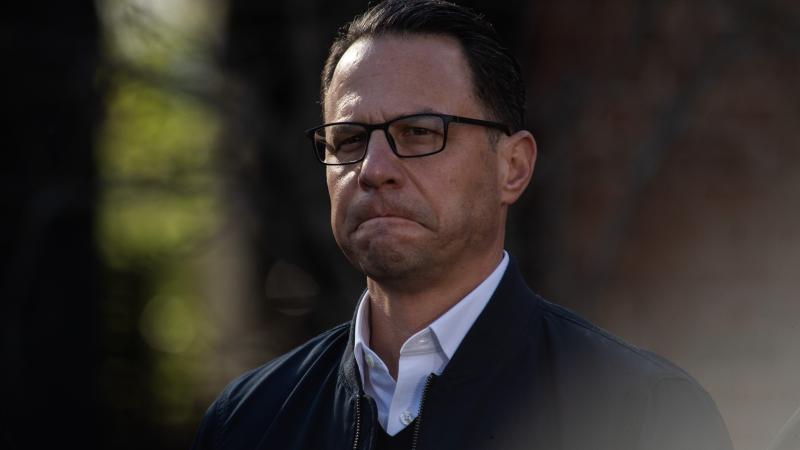Former CIA Russia expert sees no military solution to Ukraine war, urges negotiation, de-escalation
"What we need to be thinking about here is not a military solution, but how we couple our support for Ukraine with a diplomatic strategy that can produce a stable outcome for this war," said George Beebe.
The war between Russia and Ukraine has turned into a stalemate and cannot be solved through military action or additional American aid, former CIA analyst and Russia expert George Beebe said this week.
"This isn't a war that is going to be won on the battlefield," he told "Just The News No Noise" television show on Thursday. "I think it's quite clear that the Russians can't capture Kiev, they can't conquer the vast majority of Ukrainian territory. But I think it's also becoming more and more clear that the Ukrainians are not going to be able to drive Russia off of all of Ukrainian territory either. This new offensive that everybody is anticipating on the Ukrainian side, may well make some progress, but I think it's very unrealistic to expect that they're going to recapture the entire Donbas region or recapture Crimea, which the Russians annexed back in 2014."
Beebe, who spent over two decades as an intelligence analyst and diplomat and served as the director of the CIA's Russia analysis, said the United States lacks a backup plan and must begin thinking about developing a plan B to de-escalate the conflict.
"So what we need to be thinking about here is not a military solution, but how we couple our support for Ukraine with a diplomatic strategy that can produce a stable outcome for this war," he added. "Right now, I'm not sure we have a plan. And we need to be thinking hard about what that ought to be."
Beebe also touched upon how the United States is losing its status as the world's great negotiator and peacemaker, while China moves in to fill the void.
"It's remarkable now the degree to which that situation has changed," he said. "And the United States is in a situation where we have lost our ability diplomatically to bring peace to a lot of these areas. We've certainly focused a lot on building up our military capabilities, and relying on coercion, but we haven't coupled that with the kind of diplomatic dexterity — the balancing, the compromising, the finding ways forward to manage problems — that can produce agreements and bring order and stability to these regions that we need to. And we have to relearn that skill. It's quite clear.
"And right now, the Chinese are, in fact, moving into a diplomatic vacuum that the United States has left. Because we have not focused to the degree that I think we need to on diplomatic statecraft. So that's something I think that we really need to resurrect in our toolkit."
Beebe described how the relationship between the U.S. and China has evolved from major trading partners, to competing superpowers looking to exert global dominance and control.
"One of the things that Washington tends to do, is swing the pendulum too far," he said. "We overcorrect for problems that have developed over time, and we end up with an imbalance in our approach. And I think the danger that we have with China right now is that it's dawning on Americans that the Chinese are a formidable geostrategic challenge for us. And we have moved from thinking about the Chinese as a partner — particularly a trade partner — toward thinking about China as an enemy. And there's something in between those two that I think we need to be focusing on, because just as it's dangerous for the United States to treat China as a friend, and in so doing get taken advantage of and sacrifice American national interests, it also can be dangerous to treat China as an implacable enemy with whom we have to go to war and with whom what are quite serious disagreements can't be managed diplomatically.
"And I think we're going to have to couple a tougher policy with the Chinese, again, with a diplomatic management strategy, one that is backed up by strength but does not rely solely on coercion in order to deal with the Chinese challenge to American national interests."
Beebe's comments came just one day before a senior Ukrainian official said on Friday that leaked documents about NATO's plans to help his country stop a Russian invasion could be "disinformation."
Beebe said the conflict might end up escalating to the point of nuclear war due to Russia's inability to fight NATO head-on, should it come to that.
"I think we have to understand that, number one, the Russians can't deal with this expanded NATO on a conventional military basis," Beebe concluded. "They can't match NATO's conventional military might. They're going to be relying on their nuclear forces. So what we're likely to see is a renuclearization in Europe, and that's going to be quite dangerous."
Just The News reached out to the White House for comment on Beebe's statements but did not receive a reply.
You can follow Nick on Twitter @NGivasDC

